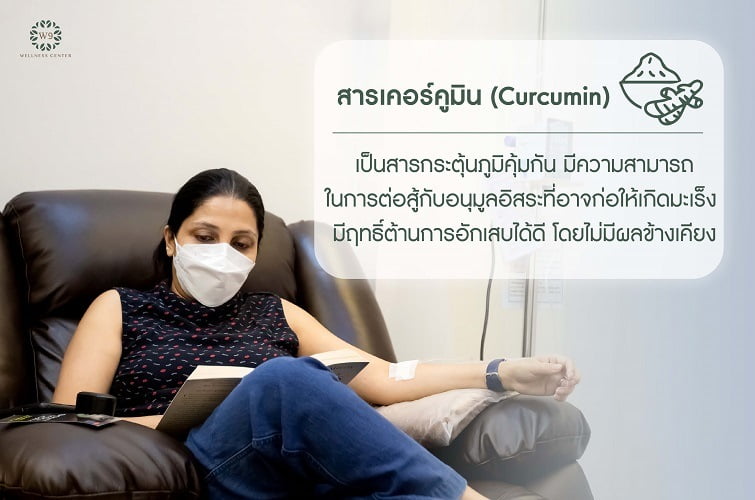
Some cancers are genetically inherited. Normally, everyone has cancer-causing genes that are inherent from birth. But it doesn't cause cancer. It depends on whether the gene is mutated to cause cancer or not. Currently, genetic testing or cancer genetics To find risks, it helps to know personal health at an in-depth level. Use it to plan your life. behavior modification Including surveillance before disease occurs or even prevent recurrence in cancer patients.
from current information Cancer is the number one cause of death among Thai people. Many people have heard of cancer before. But many people still don't know that 5-10 % cancers are very common due to genetics. Although the percentage of genetic cancers is not very high, But these risk factors should not be ignored.

1. People with a history of cancer in the family as follows:
2. Cancer patients Monitor symptoms to reduce the chance of recurrence. Enhance the most appropriate treatment approach
3. People who are in good health and no family history of cancer The person coming for the checkup has not yet had cancer and may not have it. But I want to know whether I might happen to have cancer-causing genes hidden within me or not.
“What kind of cancer does our genetics and lifestyle put us at risk for? It depends on the basic genetics that has been inherited. Whatever type of cancer we are at risk for, we must be more careful than others. Even though the chance is only 5 – 10%, so if we have these risky behaviors hidden in our daily lives It may be a stimulus for our genetics to work faster. The percentage causing cancer will increase.”

Therefore, screening for various cancers (Screening for Specific Cancer) is a method that is widely accepted and is very useful. Detecting abnormalities from cancer genetics Everyone can be inspected. You don't have to be a cancer patient only. To prevent and know about future diseases from the initial stage. We would like to offer another option to help reduce illness from cancer. and reduce the death rate that is continually increasing

W9 Advanced Cancer Screening Test
Tumor screening program and 51 types of cancer

Risk analysis program for 13 serious diseases and 21 common diseases from genetics (Genetics)
Easy to test, just use saliva. Convenient and fast
Many people exercise with discipline and eat well at every meal, but still feel like they are “not gaining muscle” or
Zinc or the mineral zinc It is considered a hero nutrient.
Insomnia ..is another problem that can happen to anyone, any gender, any age. The average person's insomnia symptoms are 1-2.